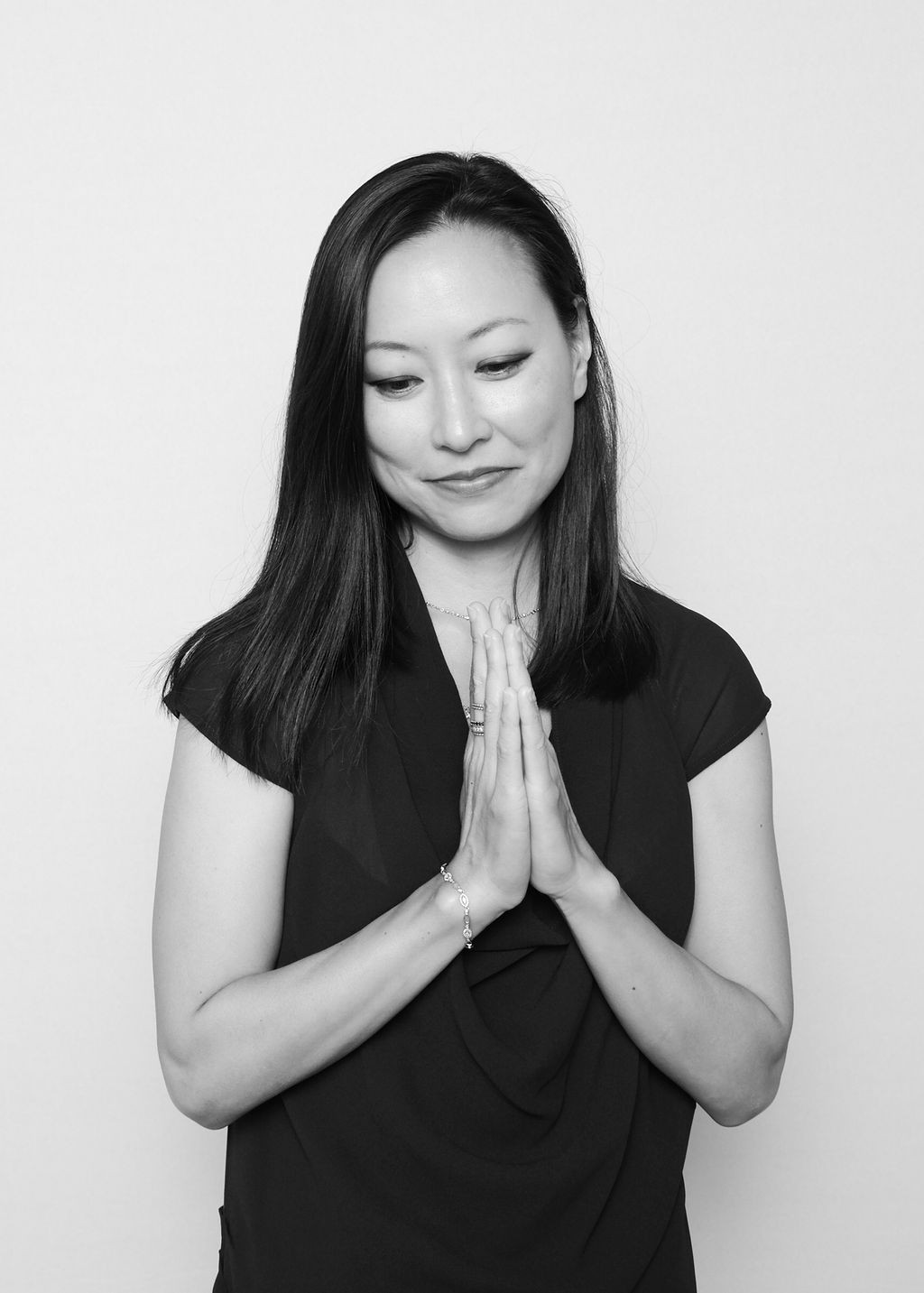
Today we’d like to introduce you to Jennifer Wang.
Alright, so thank you so much for sharing your story and insight with our readers. To kick things off, can you tell us a bit about how you got started?
I grew up in a household where race was not a topic we talked much about.
Having moved to the US from Taiwan and Hong Kong for college, my parents worked hard so that my sisters and I could have the best educational opportunities, and that often meant assimilating into the mostly white communities we were a part of. In many ways, we fit the stereotype of Asians as a “model minority”.
Today, talking about the model minority myth makes me cringe. Not only has it been used to pit people of color (non-Asians) against people of color (Asians) and vice versa but it also paints a false picture that all Asians are the same and we’re all smart, dutiful workhorses. If you’re Asian and not good at math and science there’s something wrong with you. If you’re Asian and make waves and rebel, you’re a bad Asian.
My journey of racial awakening has been what is known in Buddhist tradition as a “dharma door”, a way into the deeply personal and experiential nature of the Buddha’s teachings. These teachings revolve around getting to know my inner environment – thoughts, feelings, biases, automatic reactions – as well as seeing the realities around me with clearer eyes.
My mindfulness practice helps me to feel in my body how we are all connected, as MLK Jr., said, in a “single garment of destiny”. When an innocent Black man is shot in his car by police, I feel it because that is the society I live in and what I think about when I get pulled over for speeding. When large swaths of the Amazon rainforest get chopped down, I feel it because that is the air that I and my future generations will breathe.
I owe the original spark of awakening to close friends who shared with me their experiences of racism as Black women in this country. Through reading, watching, and listening, I learned and saw more about race and oppression throughout history and now, including my own biases how my race has impacted parts of my life that I didn’t realize in the past.
Right before I moved to Nashville in 2019, I did a month-long silent meditation retreat at a retreat center in Northern California. Every day, there was an option to spend one of the 45-minute sitting periods in a POC-only group. There was no talking, no sharing, just silent meditation. The first time I sat with this group, surrounded by about 10 non-white people of all ages and races meditating silently with their eyes closed, tears started streaming down my face.
The feeling of comradeship was powerful, without having spoken a single word. We were healing together.
This healing is at the heart of my aspiration for co-founding the Nashville POC Sangha (sangha = spiritual community). In this dedicated space/Zoom room, our goal is to create a safe-enough environment to share what is in our hearts with no holds barred and without worrying about offending people of the dominant culture.
To allow for the pain, anger, fear, irritability, all of it, to arise and be, without trying to fix it or justify it.
And to celebrate our joys, insights, and growth as a community. Our motto is “come as you are.” Together, we nurture our liberation – liberation from the power that our society and our own internal habits hold over us and liberation in how we relate to ourselves and each other.
I’m sure you wouldn’t say it’s been obstacle-free, but so far would you say the journey has been a fairly smooth road?
When we first launched the Nashville POC Sangha, someone posted on our Facebook page (then quickly deleted) “racist much?”
After feeling the initial jarring effect of reading that, I pieced together what I thought might have been behind that comment, and maybe what other less antagonistic questions might be arising for some people given we made it clear that the group is only for people who identify as non-white. Why create more separation? Don’t we need to talk to each other to learn from each other?
Ultimately, I would love for us to be able to hold open, vulnerable spaces for all people to open to themselves and each other, but we’re not there yet. Racial injustices and microaggressions are so pervasive, from our work lives to going to the grocery store, that looking at our suffering as human beings (one of the Buddha’s core teachings) will inevitably involve race.
All of us encounter racial trauma, whether we know it or not, and it takes a lot of bravery and patience to meet that and make our way towards liberation. I have found that it is a lot easier for me to speak freely, not second guess myself, not brace myself to be defensive, and be willing to be wrong, in a group of people that share these common experiences.
I don’t feel comfortable enough that our society understands the difference between intent and impact in order to hold mixed spaces that can support this level of openness yet.
Thanks for sharing that. So, maybe next you can tell us a bit more about your work?
The Nashville POC Sangha is something I do in my free time and what I think about (in addition to climate change and climate justice) when I go to bed at night. My day job is in business.
I started my career in corporate finance and have worked at startups (including starting my own healthy lifestyle small business) and in strategy and operations. I moved to Nashville to join Asurion where I work in strategy and client solutions.
It’s easy to get caught up in numbers and metrics in the business world (I could go on and on about why I love Microsoft Excel), but my meditation practice and experience of interconnectedness help remind me to always come back to the human element, and that includes being honest about when I’m unsure of something or have made a mistake.
One of the amazing things about mindfulness and having a regular meditation practice is that it is, in a way, mind training. I’m training my mind in concentration, compassion, working with uncertainty, and deep listening. Allocating a portion of my day to physically doing nothing gives me the space to give my inner world my full attention, even if it is just for seconds at a time.
Can you share something surprising about yourself?
Most people in my work life are surprised when they learn about my mindfulness teaching and practice, and most people in my mindfulness and social justice communities are surprised when they learn what I do for a living. Hopefully, one day mindfulness, justice, and business can be more integrated.
Another fun fact that most people don’t know about me is that I am an identical twin. My twin sister is an actress and a director in LA. So if you see what looks like me in a Lowes commercial or episode of the Bold and the Beautiful, it’s not me.
Contact Info:
- Email: nashvillepocsangha@gmail.com
- Instagram: https://www.instagram.com/nashvillepocsangha/
- Facebook: https://www.facebook.com/nashvillepocsangha
- Youtube: https://www.youtube.com/channel/UCTH2ssV1ud6W_CAshBk9HQg
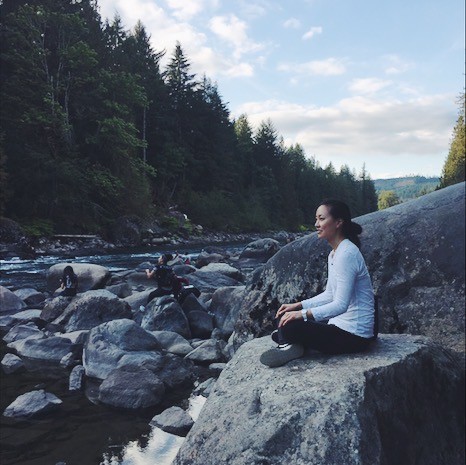
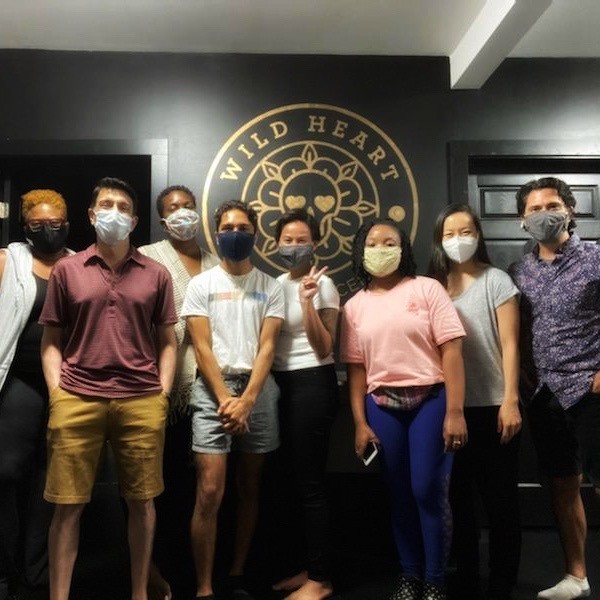
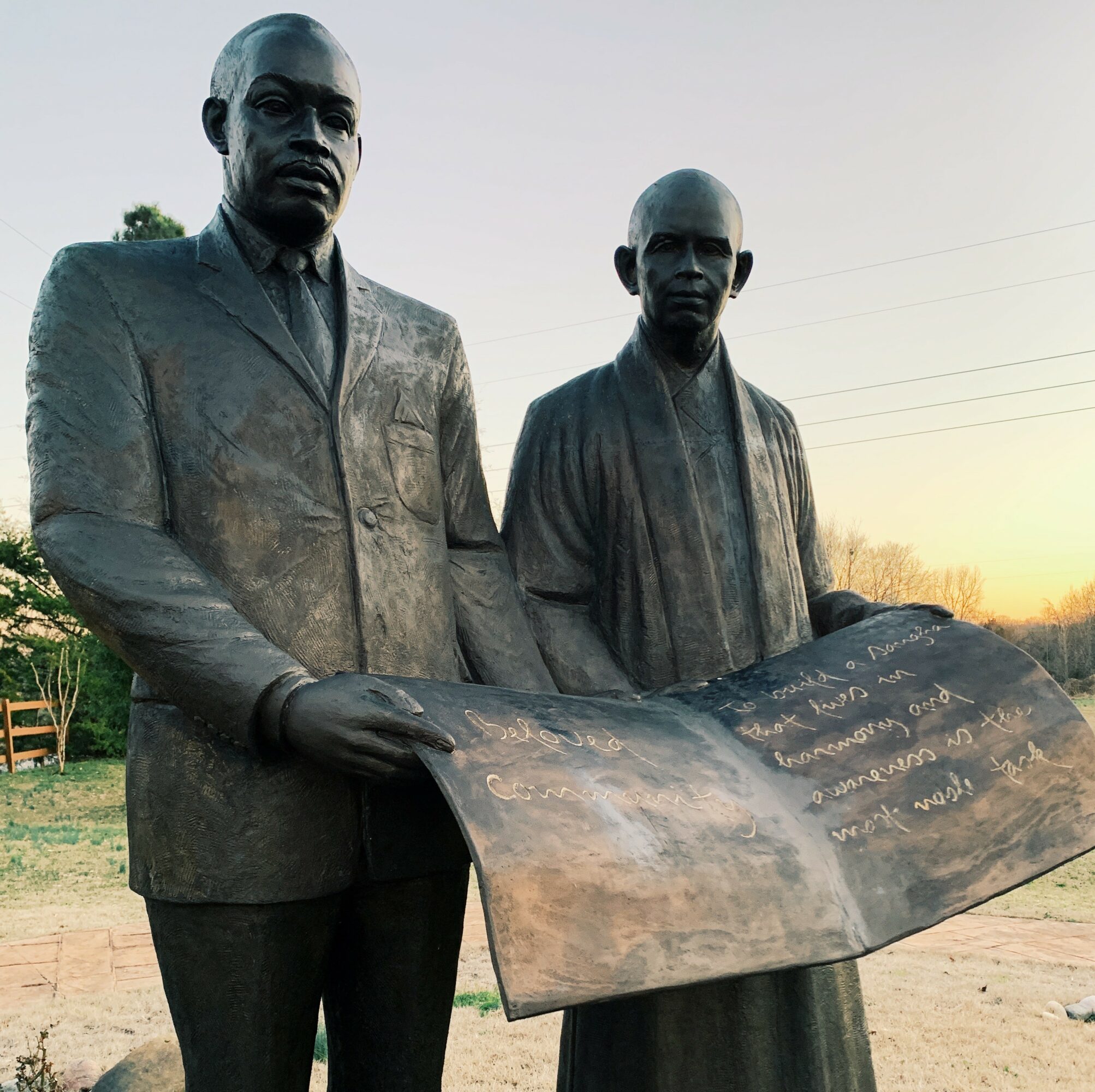
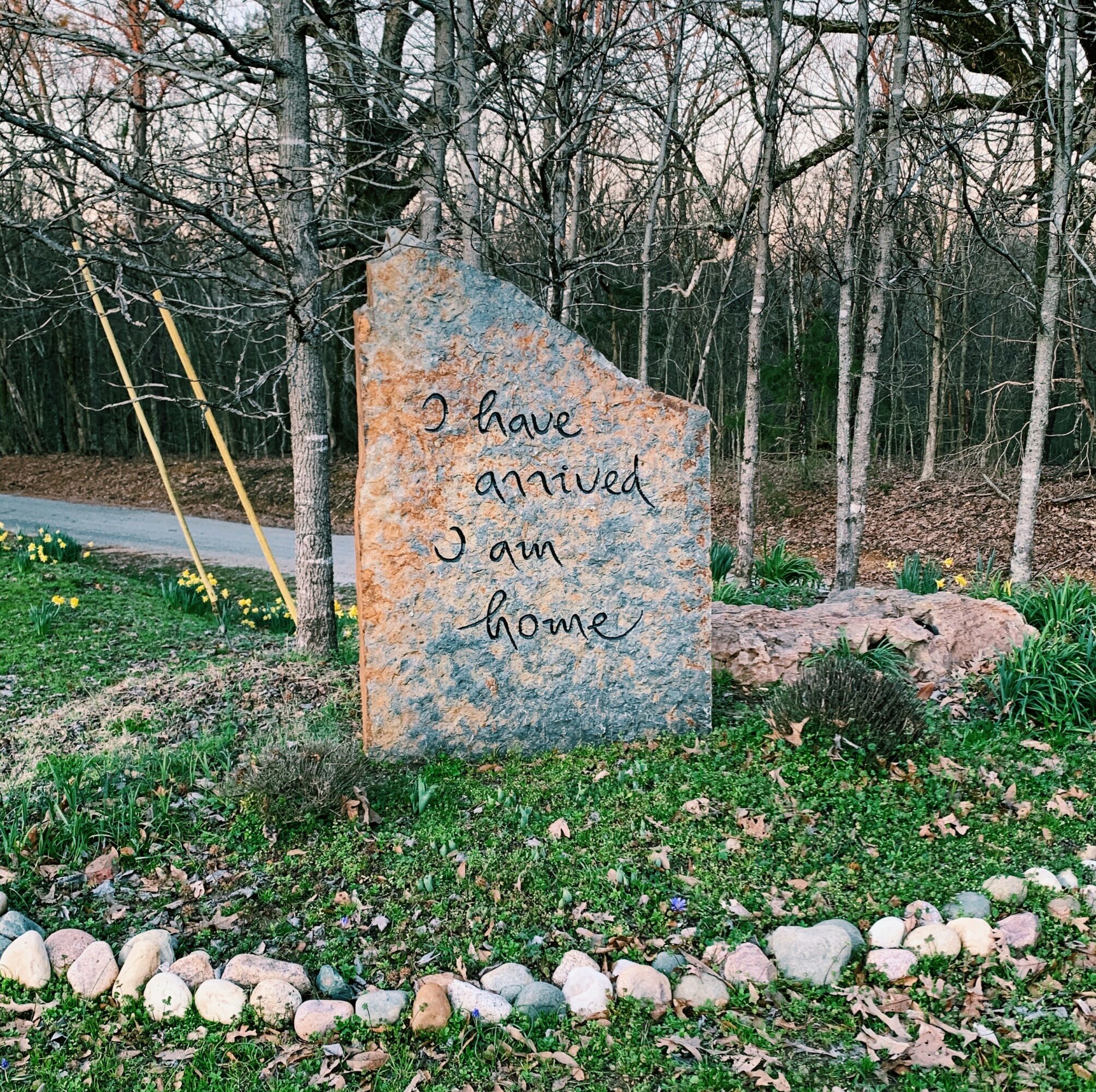
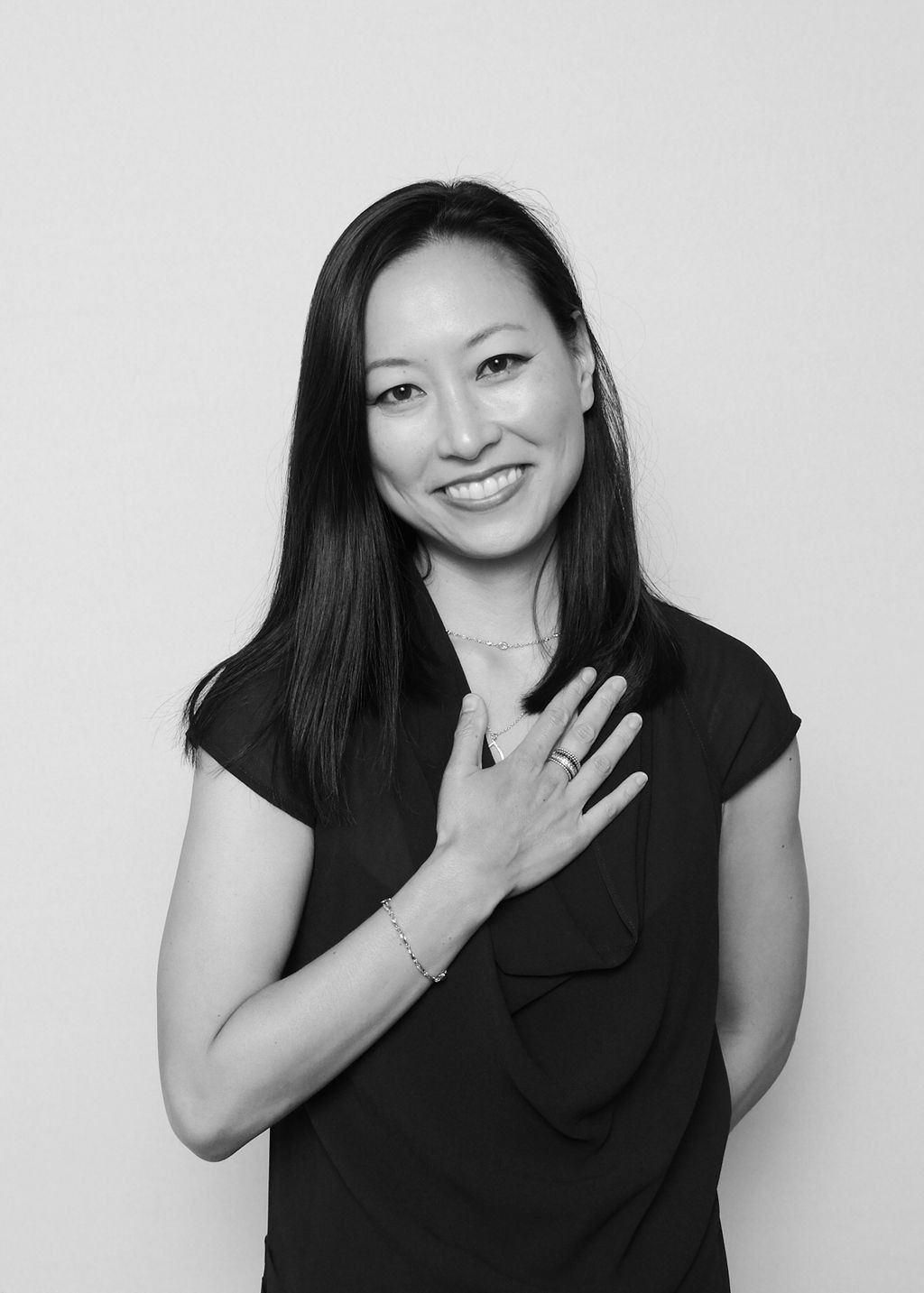 Suggest a Story: NashvilleVoyager is built on recommendations from the community; it’s how we uncover hidden gems, so if you or someone you know deserves recognition please let us know here.
Suggest a Story: NashvilleVoyager is built on recommendations from the community; it’s how we uncover hidden gems, so if you or someone you know deserves recognition please let us know here.













Jenny
April 13, 2022 at 4:59 pm
Thank you for sharing your journey and communicating the inseparability of the dharma with the racial awareness. “ I don’t feel comfortable enough that our society understands the difference between intent and impact in order to hold mixed spaces that can support this level of openness yet,” is so important to tend to, as uncomfortable it is. I appreciate your voice!